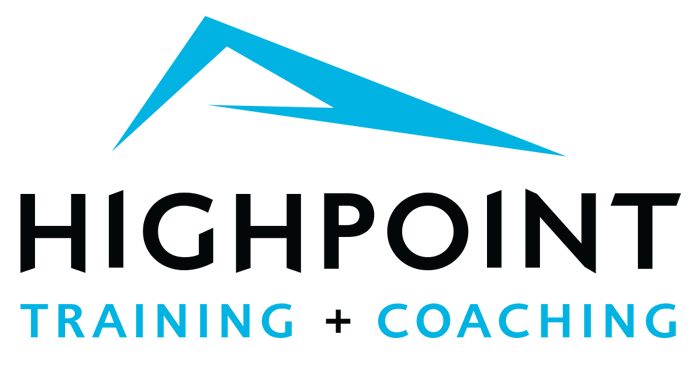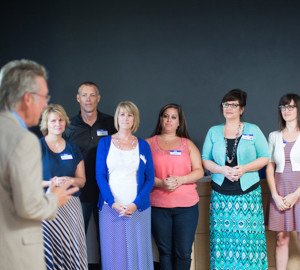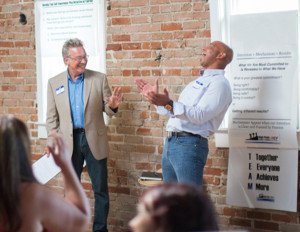Coaching is a relational partnership in which coach and client collaborate in a creative and thought-provoking process that elevates the client to his or her maximum personal and professional potential. As a coach I am ready to partner with you in developing your leadership effectiveness, business potential, or your team or organization’s health, alignment, and productivity. You can develop greater relational sensitivity and impact, effective communication skills, courage to confront and resolve conflicts, step into daunting personal or professional transitions, and live with confidence and balance.




